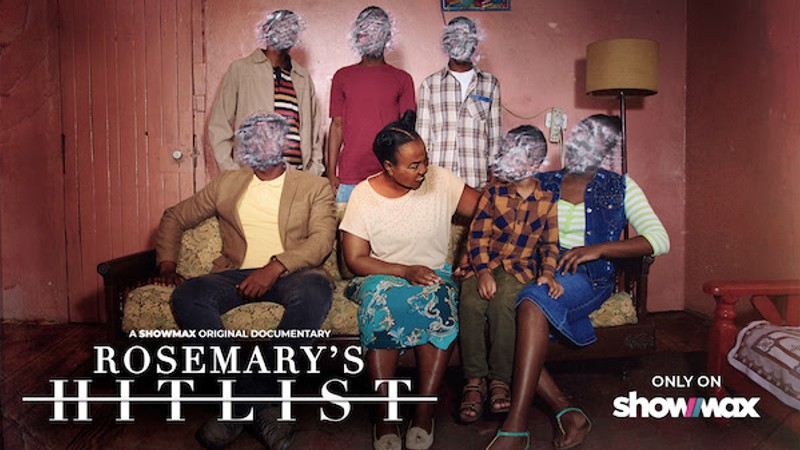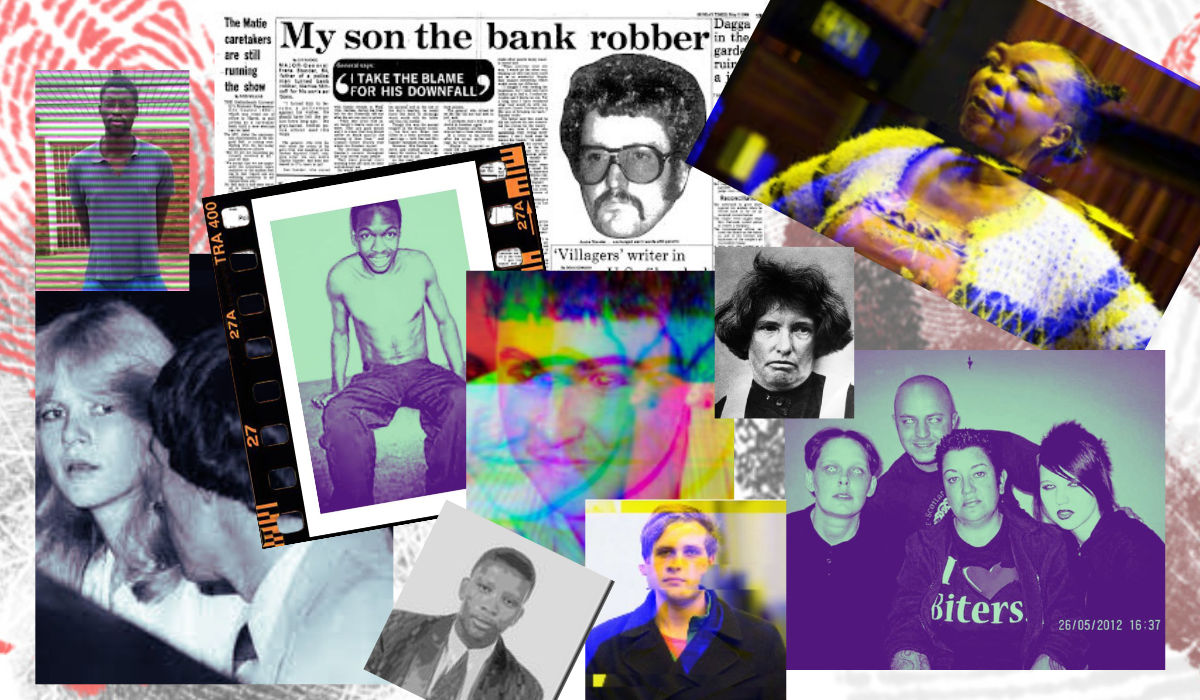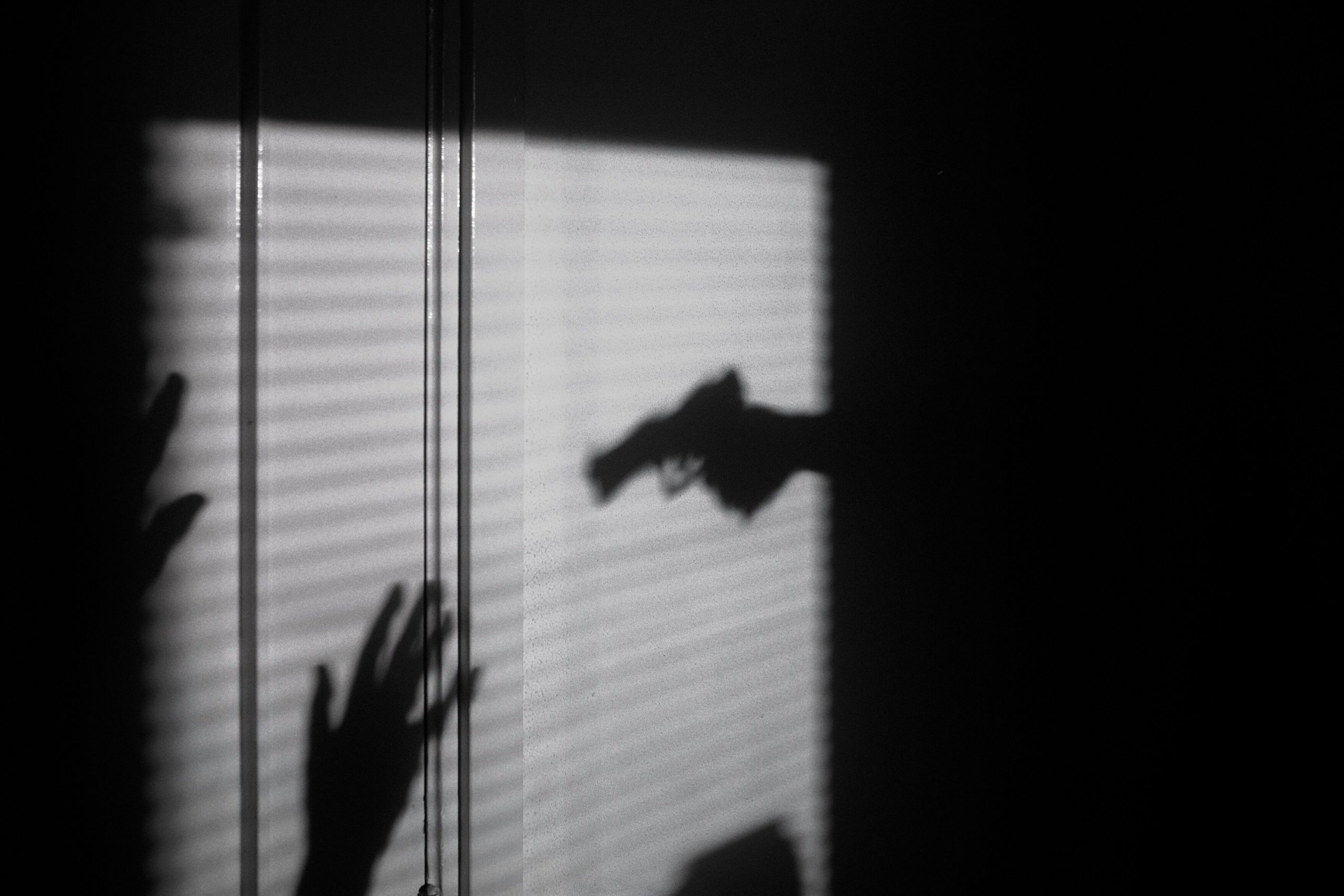The rise of social media detectives and the popularity of true crime content reveals an entitlement to information that’s not exactly exclusive to the Internet. The true crime genre encompasses various media like magazines, books, films, television, and podcasts, that detail real crimes and their effects on individuals associated with or impacted by criminal events. Its historical roots trace back to 16th-century Chinese court case fiction and 19th-century British crime pamphlets. Nowadays, Netflix can largely be credited for the genre’s evolution, notably through true crime documentaries, which gave rise to true crime podcasts like Serial.

However, there’s a dark side to this industry, built around recounting violence with gleeful enthusiasm. Critics argue that true crime can be disrespectful and that it’s basically “trash culture.” The genre, which is especially popular among women, also contributes to fear perception in attitudes toward crime and justice. It’s impacted crime reporting, audience perspectives, real cases, and mental health. As the global phenomenon has hit local shores, more and more true crime content is being produced and consumed in this—the most dangerous country in the world.
Locally, it’s Showmax that’s become known for its local true-crime content, including Devilsdorp (2021), Stella Murders (2023) and Rosemary’s Hitlist (2023). Rosemary’s Hitlist became an instant hit for covering the crimes committed by Nomia Rosemary Ndlovu, a former police officer turned serial killer. Sentenced to six concurrent life terms in 2021 for the murders of her live-in lover and five family members, Ndlovu’s chilling story spans six years, claiming to highlight the pain inflicted by her ruthless actions.

Launched on June 22, 2019, True Crime South Africa, hosted by Nicole Engelbrecht, is described as a “victim-focused” true-crime podcast. With meticulous research involving media coverage, trial footage, and interviews, Engelbrecht offers listeners an in-depth understanding of case intricacies and the victims’ individual stories. Covering both solved and unsolved cases, the podcast also aims to raise awareness for cold cases.
The Murder & Mayhem: South African True Crime podcast claims to take a psychological approach to local real-life crimes. Each week, a new case is scrutinised as the host explores the motives that compel the perpetrators to commit such heinous acts. Again, like True Crime South Africa, this is an interesting angle — interrogating “the minds behind the madness.” The podcast’s host Bella Monsoon also has a YouTube channel called True Crime with Bella Monsoon where she has featured a variety of South Africa’s most high-profile murder cases.
Marketing true crime content as ‘victim-focused’ or ‘psychology-focused’ implies an understanding of the ethical considerations involved in selling such material. But this kind of rhetoric often masks the blatant commodification of violence. In addition, some true crime enthusiasts may portray themselves as amateur detectives, concealing the fact that they lack the expertise of professional investigators, which shifts the responsibility onto the audience to discern the limitations of amateur insights in true crime investigations.

While South African true crime content creators seem to still be tiptoeing around the explicit and exploitative nature of their material, in the States, where the genre is more developed, there are bleak indications of where this content could be headed. Take the case of Youtuber Zav Girl, for example, who managed to obtain autopsy photos of a slain 11-year-old boy and charge her subscribers $3 to see them. Despite her apology and retraction of the content, it highlighted the fact that sharing autopsy photos breaches ethical boundaries.
The sensationalism of brutality is nothing new and a glance at news segments will reveal a cultural desensitization to everyday horrors. No doubt, as more violence occurs, more content will be produced. Whether or not we care, such content will impact the mentality of victims’ families and the general public. Some measure of self-reflection and sensitivity training could lead to more responsible content creation and consumption. In a country still grappling with long-standing issues of violence, building an industry solely sustained by the disassociated, desensitised consumption of true crime content is dangerous, to say the least.






















































